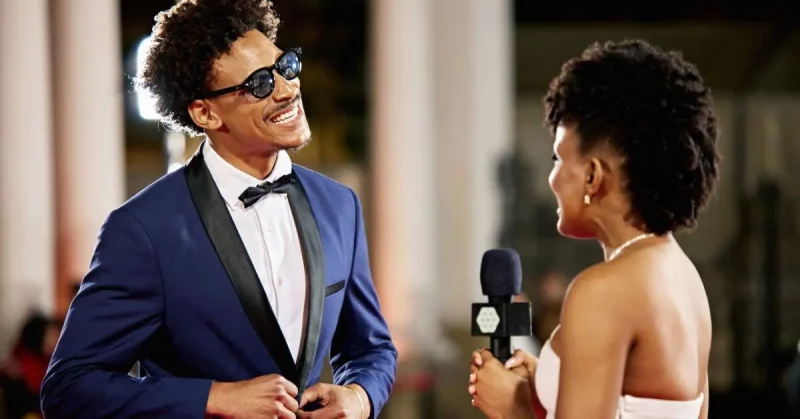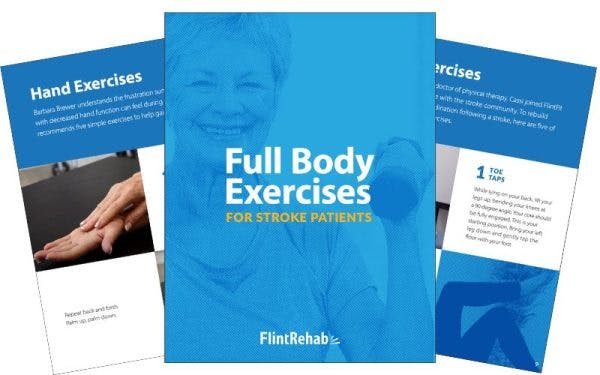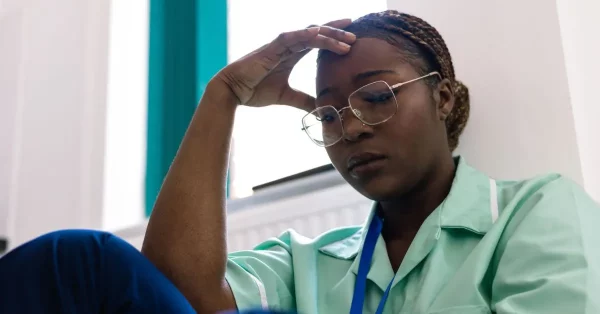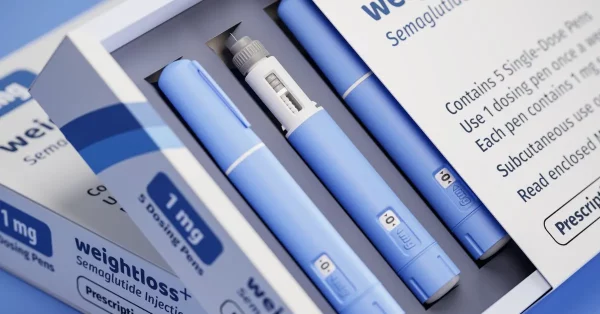A stroke can happen to anyone, including some of the most famous and admired people in the world. Despite their wealth and access to top-tier healthcare, many celebrities have had a stroke as well as experiencing the challenges and life-altering impacts that come with it. Their experiences, however, often bring much-needed awareness to the risks, warning signs, and the potential for recovery after a stroke.
This article explores the stories of celebrities who have survived strokes, detailing their journeys, challenges, and what they’ve done to inspire others in the aftermath.
Understanding Stroke: A Brief Overview
A stroke occurs when blood flow to the brain is interrupted, either by a clot blocking a blood vessel (ischemic stroke) or a ruptured blood vessel (hemorrhagic stroke). This interruption deprives brain cells of oxygen and nutrients, which can lead to permanent damage or even death if not treated quickly.
Common warning signs include:
- Sudden numbness or weakness, especially on one side of the body
- Confusion or difficulty speaking
- Trouble seeing in one or both eyes
- Dizziness or loss of balance
- Severe headache with no known cause
The key to minimizing the effects of a stroke is early detection and swift medical intervention. Public health campaigns have emphasized using the acronym FAST (Face drooping, Arm weakness, Speech difficulty, Time to call emergency services) to help people recognize the signs.
Understanding strokes is essential because they remain one of the leading causes of death and disability worldwide. While the challenges can be immense, stroke recovery stories, especially from public figures, offer hope and valuable lessons.
Celebrities Who Had Strokes: 10 Inspiring Stroke Survivor Stories
1. Sharon Stone
Sharon Stone, an iconic actress known for roles in films like Basic Instinct, suffered a near-fatal stroke in 2001. Her condition was particularly dire due to a brain hemorrhage that lasted nine days, and doctors gave her just a five percent chance of survival.
The aftermath was grueling. Stone had to relearn basic skills, including speech and motor functions, and struggled with memory loss. The recovery process took years, during which she stepped away from her acting career. However, her determination paid off. She not only regained her independence but also became an outspoken advocate for stroke awareness. Today, Stone frequently speaks about her experience, urging others to understand the risks and seek immediate help if symptoms arise.
2. Dick Clark
Television icon Dick Clark, celebrated for hosting American Bandstand and New Year’s Rockin’ Eve, experienced a stroke in 2004. The stroke caused partial paralysis and significant speech difficulties, which made returning to his on-screen role challenging.
Despite these setbacks, Clark continued to appear in televised New Year’s Eve celebrations with the assistance of co-host Ryan Seacrest. His determination to stay connected with his audience despite his physical limitations showcased his resilience. Clark’s journey highlighted how adapting to new realities can keep one engaged and thriving even after a life-changing event.
3. Tedy Bruschi
Tedy Bruschi, a former NFL linebacker with the New England Patriots, suffered a stroke in 2005 at just 31 years old. The stroke, caused by a congenital heart defect, came as a shock to the young athlete who had already achieved three Super Bowl championships.
After months of intense rehabilitation, Bruschi made a remarkable return to professional football later that same year. He played for several more seasons before retiring and dedicating his time to raising stroke awareness. His organization, Tedy’s Team, educates the public about the warning signs of strokes and supports survivors. Bruschi’s story is a powerful example of resilience and advocacy.
4. Randy Travis
In 2013, country music legend Randy Travis suffered a stroke following a viral infection that led to congestive heart failure. The stroke severely impaired his ability to speak, sing, and move.
The recovery process has been arduous, involving years of therapy and dedication. While he has not fully regained his singing abilities, Travis has made significant strides in his mobility and continues to inspire fans through his public appearances. His wife, Mary, has been a steadfast advocate for his care and an example of the support loved ones can provide during recovery. Travis’s journey underscores the importance of perseverance and the value of a strong support system.
5. Emilia Clarke
In 2011, Emilia Clarke, best known as Daenerys Targaryen in Game of Thrones, faced two life-threatening brain aneurysms. The first led to a stroke, requiring emergency surgery. She was only 24 years old at the time and kept her health struggles private while filming the hit series.
Clarke experienced profound challenges, including memory loss, fatigue, and anxiety. These obstacles didn’t stop her from finishing the show or using her platform for good. In 2019, she launched SameYou, a charity that provides neurorehabilitation support for young adults recovering from brain injuries and strokes. Clarke’s story is a testament to turning personal hardship into a force for positive change.
6. Frankie Muniz
Frankie Muniz, the former star of Malcolm in the Middle, has endured multiple transient ischemic attacks (TIAs), often referred to as mini-strokes. His first occurred in 2012 when he was only 26 years old. These episodes, while less severe than full-blown strokes, served as a wake-up call about his health.
Muniz has spoken candidly about the long-term effects, including memory loss and difficulty remembering parts of his acting career. He has since shifted his focus to a healthier lifestyle, incorporating regular exercise and stress management practices. Muniz’s experience highlights the importance of addressing even minor warning signs of a stroke.
7. Hugh Hefner
Hugh Hefner, the founder of Playboy magazine, suffered a minor stroke in 1985. This incident prompted him to reevaluate his lifestyle, leading to significant changes in how he managed his work-life balance and personal health.
Hefner reduced his workload and focused on healthier habits, which allowed him to recover and continue his career for decades. His experience underscores how even a minor stroke can serve as a critical warning and an opportunity to prioritize well-being.
8. Kirk Douglas
Legendary actor Kirk Douglas suffered a severe stroke in 1996 at the age of 79. The stroke impaired his speech, leaving him unable to communicate effectively, a devastating blow for someone known for his commanding voice and on-screen presence.
With the help of intensive speech therapy and support from his family, Douglas made remarkable progress. He later used his experience to advocate for stroke survivors and even appeared at public events, showcasing his resilience. His story remains an inspiring testament to the power of determination and the support of loved ones.
9. Larry King
Broadcasting legend Larry King survived a stroke in 2019 at the age of 85. The stroke left him in a coma for several weeks and required extensive rehabilitation. King’s recovery journey was long and challenging, but he was determined to return to public life.
Known for his resilience, King often spoke about the importance of maintaining a positive outlook during recovery. His experience highlighted the challenges older stroke survivors face and the importance of ongoing medical care and support.
10. Michael Johnson: A Champion Runner’s Story
Olympic gold medalist Michael Johnson, one of the fastest sprinters in history, suffered a stroke in 2018 at the age of 50. The stroke affected his ability to walk, a devastating turn of events for someone whose career revolved around peak physical performance.
Johnson tackled recovery with the same determination that made him an Olympic champion. Through intense physical therapy and mental resilience, he regained his mobility and has since shared his journey to inspire others. His experience highlights the importance of a strong mindset during recovery.
Lessons from Celebrity Stroke Survivors
Early Detection Saves Lives
Many celebrities credit their survival to the swift actions of those around them and the prompt medical care they received. Understanding the warning signs of a stroke and acting immediately can be the difference between life and death.
Rehabilitation and Recovery Take Time
Recovery after a stroke can involve years of therapy and adjustment. Celebrities like Sharon Stone and Randy Travis have highlighted the importance of patience and dedication during this process. Rehabilitation often includes physical therapy, speech therapy, and emotional support to address the mental toll of such a life-changing event.
Advocacy Brings Awareness
Several stroke survivors have used their platforms to advocate for awareness and support. Tedy Bruschi’s Tedy’s Team and Emilia Clarke’s SameYou are just two examples of initiatives that educate the public about stroke prevention and recovery while offering resources for survivors.
Lifestyle Adjustments Matter
A stroke often serves as a catalyst for lifestyle changes. Whether it’s improving diet, quitting smoking, or managing stress, these adjustments can significantly reduce the risk of a future stroke. Celebrities like Hugh Hefner and Frankie Muniz demonstrate how taking control of one’s health can have lasting benefits.
How to Reduce Stroke Risk
While some risk factors for stroke, such as genetics and age, are beyond our control, many others can be managed through proactive measures:
- Adopt a Healthy Diet: Incorporate fruits, vegetables, whole grains, and lean proteins while reducing salt, sugar, and unhealthy fats.
- Exercise Regularly: Aim for at least 150 minutes of moderate physical activity each week.
- Control Chronic Conditions: Effectively manage conditions like high blood pressure, diabetes, and high cholesterol.
- Quit Smoking: Smoking dramatically increases stroke risk. Seek support to quit if necessary.
- Manage Stress: Chronic stress can harm overall health. Techniques like mindfulness, meditation, or therapy can help reduce stress levels.
Conclusion
The stories of celebrities who have experienced strokes are not just about challenges—they are about survival, resilience, and the ability to inspire change. These public figures have used their platforms to highlight the importance of recognizing stroke symptoms, seeking immediate care, and supporting recovery efforts.
Whether through lifestyle changes, advocacy, or simply sharing their stories, these celebrities remind us that while a stroke can be life-altering, recovery and a meaningful life afterward are possible. By taking steps to educate ourselves and others about stroke prevention and care, we can honor their experiences and contribute to a healthier future for all.










